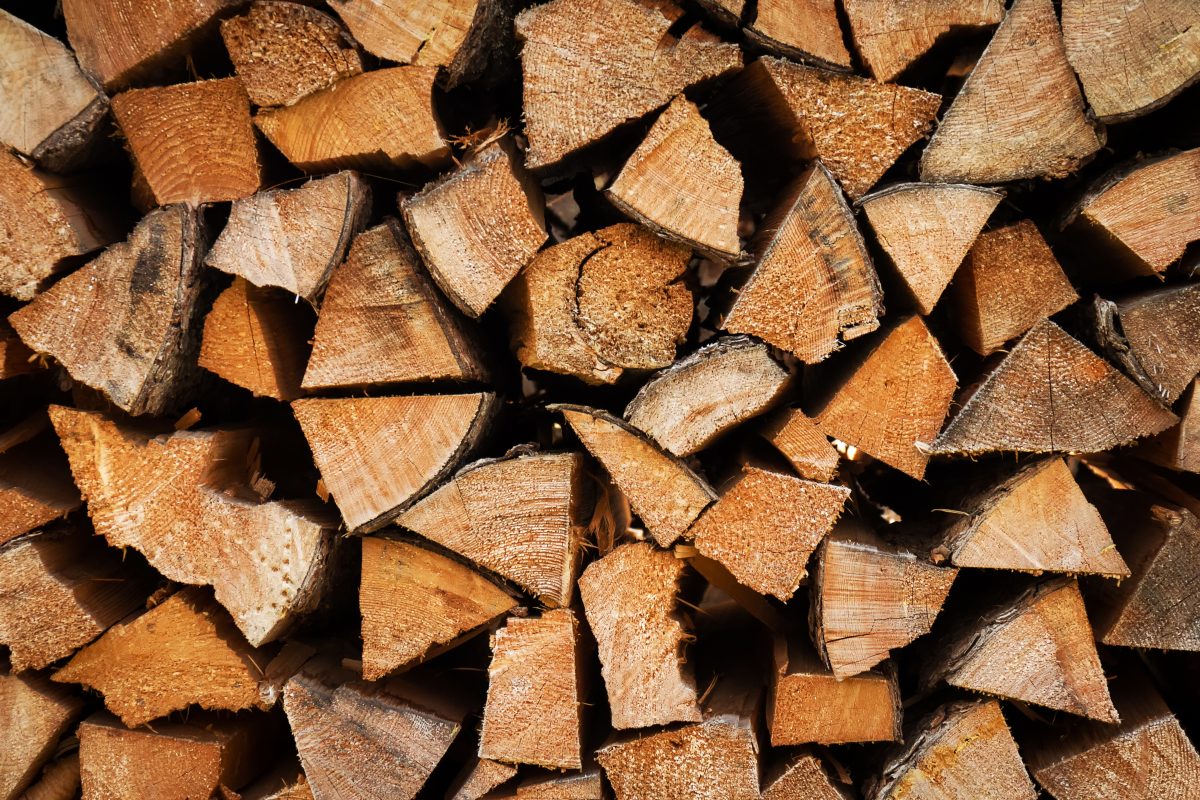Menu

In the heart of winter, there’s nothing quite like the warmth and ambiance of a crackling fire in your wood burning stove. However, ensuring you’re burning the right fuel is crucial for safety, efficiency, and the longevity of your stove. Let’s delve into the world of wood burning stove fuel and discover what burns best.
Not all wood is created equal when it comes to burning in your stove. Hardwoods like oak, maple, and birch burn hotter and longer, making them ideal choices for efficient heat output. They also tend to produce less creosote buildup, reducing the risk of chimney fires. Softwoods like pine and cedar ignite quickly but burn faster and can lead to more creosote buildup if not properly seasoned.
Whether you opt for hardwood or softwood, the key to safe and efficient burning is using seasoned wood. Seasoned wood has been properly dried, typically for at least six months to a year, reducing its moisture content to around 20%. This ensures a cleaner burn with less smoke and creosote buildup.
While wood is the traditional fuel for wood burning stoves, there are alternative options worth considering:
Wood pellets are compressed sawdust and wood shavings, offering a convenient and efficient fuel source for modern wood burning stoves equipped with pellet burners. They produce minimal ash and emissions, making them an eco-friendly choice.
Similar to wood pellets, wood briquettes are compressed wood particles. They burn cleanly and efficiently, providing a consistent heat output. Plus, they’re often made from recycled wood waste, making them environmentally friendly.
Some manufacturers offer eco-friendly logs made from compressed agricultural waste, such as straw or coffee grounds. These logs burn cleanly and can be a sustainable alternative to traditional firewood.

To ensure the safety and efficiency of your wood burning stove, avoid burning the following:
Choosing the right fuel for your wood burning stove is essential for safe and efficient operation. Opt for seasoned hardwoods whenever possible, and consider alternative fuels like wood pellets or briquettes for convenience and eco-friendliness. By following these guidelines, you can enjoy cosy fires all winter long while keeping your stove and chimney in top condition.
For more tips and advice on wood burning stoves, stay tuned to our blog or explore our selection of quality stoves and accessories.